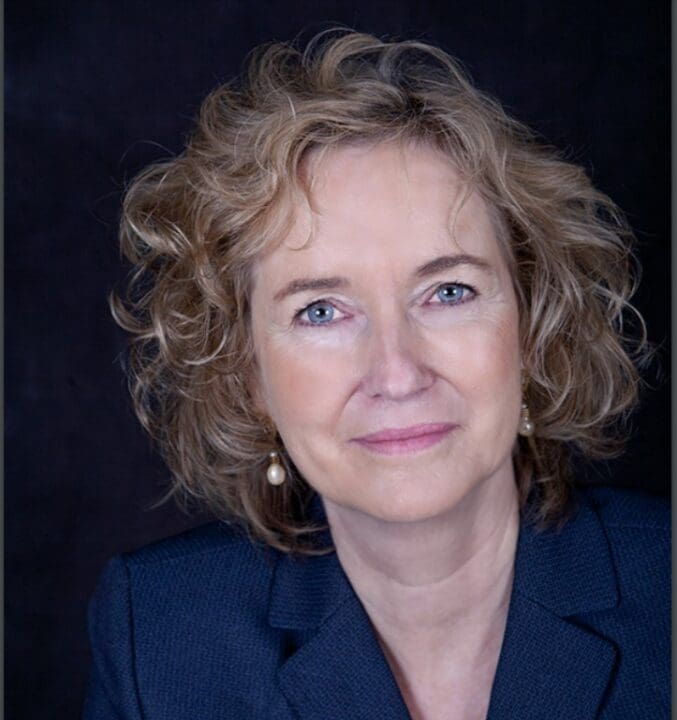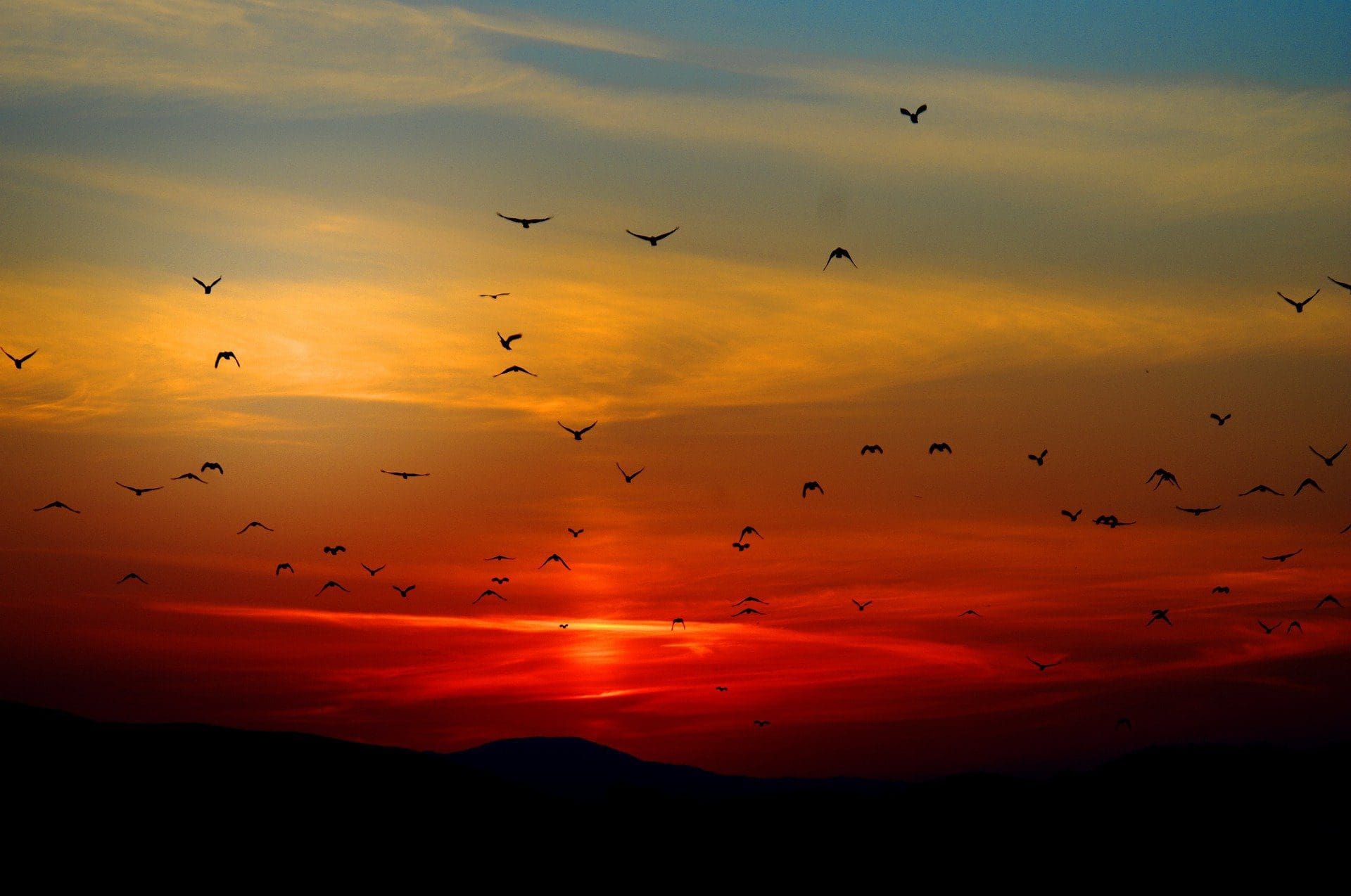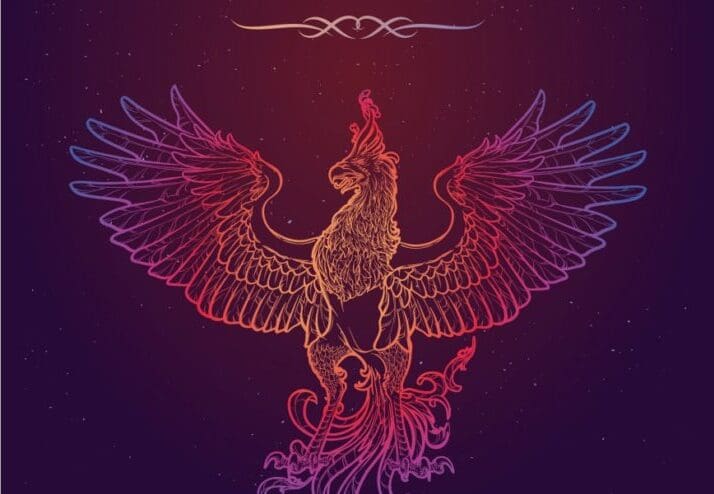Ernest Holmes often quoted Jesus in support of his teachings. Contemporary Christian, New Thought, and Creation Spirituality theologians/scholars, as well as recent widely covered Jesus Seminars, have revealed much about Jesus’s teachings that reinforce emergent spiritual teachings. These also further evolve our understanding of what it means that the divine is in us as us.
For starters: Jesus likely had brownish skin like Arabs today, he fully identified as a Jew, and his primary teaching was to love one another as ourselves. He promised that practicing love promoted heaven on earth (also known as God’s Kingdom). Mary Magdalene was the chief of his apostles (Pope Francis recently affirmed) and, by oral tradition, confirmed by some scholars, very likely his wife.
Emergent faiths, such as Creation Spirituality, Unity, and Science of Mind, carry forth the ideas of Meister Eckhart and other Christian mystics who viewed the story of Jesus’s birth as symbolic of the miracle of each of our births as expressions of the divine and his resurrection as symbolic of how our lives can be renewed throughout our life and beyond. And, as New Thought teachings often assert, “Christ is not Jesus’s last name!” The Cosmic Christ[1] is a quality of consciousness that reflects transformational love, joy, wisdom, and goodness in the world. It is available to all by this and by many other names in many different religions.
Community and Christmas
CSL’s December theme is Community, and it is widely known that the early Christians lived in communities with one another. Many now say they conquered poverty by helping one another. Originally there were 29 gospels emerging from different communities. Still, the four in the canonical gospels were chosen by Emperor Constantine when he declared Christianity the official religion of the Empire at the First Council of Nicaea in A.D. 325.
The bishops at that Council who disagreed with Constantine’s choices of only these four were immediately exiled, the other gospels were treated as heresies, and people who believed them were persecuted. The wisdom in the other gospels were lost to us until recent discoveries, more and more of us could understand them now. In the interim, many of Jesus’s teachings became filtered through the patriarchal and war-like consciousness of the Romans, which is how “turn the other check” led to “Onward Christian soldiers marching off to war.
Constantine’s gift to us was integrating Christianity with the Apollo sun god religions, resulting in our celebrating Jesus’s birth near the Winter Solstice and Easter on the spring equinox, celebrations I truly love, and some of you may too.
The Winter Solstice and Celebrations of Light
Solstice traditions of celebrating the light (in the Northern Hemisphere) on the longest night of the year are followed by the dark and cold winter, yet the light is constantly slowly growing. This helped the ancients remember that the light would return. Christmas, Hanukkah, and Kwanzaa all celebrate by lighting candles as early peoples did. In the West, many of us, whether religious or secular, and whether we know this or not, continue this tradition by decorating evergreen trees, a tradition from Celtic pagan times. (Note: There were no such trees in ancient Israel.)
The Solstice is nature’s celebration of the dark and teaches us how being in the dark and cold has required humans to build Community not only to survive but, ideally, to thrive. This time of year, thus, calls us to show love to one another through gifts and gatherings, thus reinforcing family, friendship, and Community. It also calls us to mirror the wisdom of the season by retreating into our own inner emptiness/darkness to welcome the seed, the new light, of what the New Year will bring in and for us. That seed must germinate inside us until it emerges into our lives as renewed life, as the return of greater sunlight welcomes flowers in the spring.
At Columbia CSL, we can celebrate such annual renewal in our personal lives and in Community. We can also apply this awareness as we await the coming of our new minister (whenever that occurs) and continue to minister to one another and the world around us.
[1] See The Cosmic Christ by Matthew Fox.




